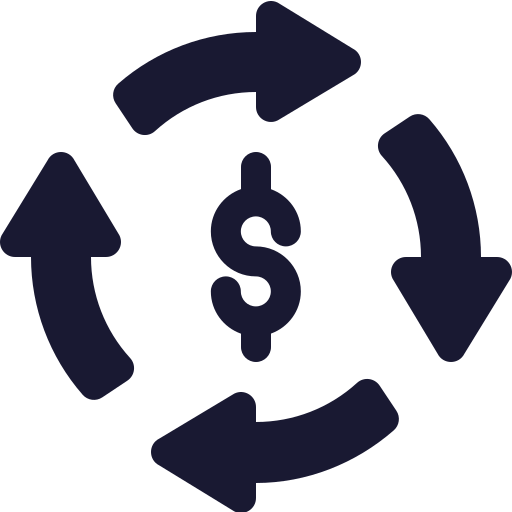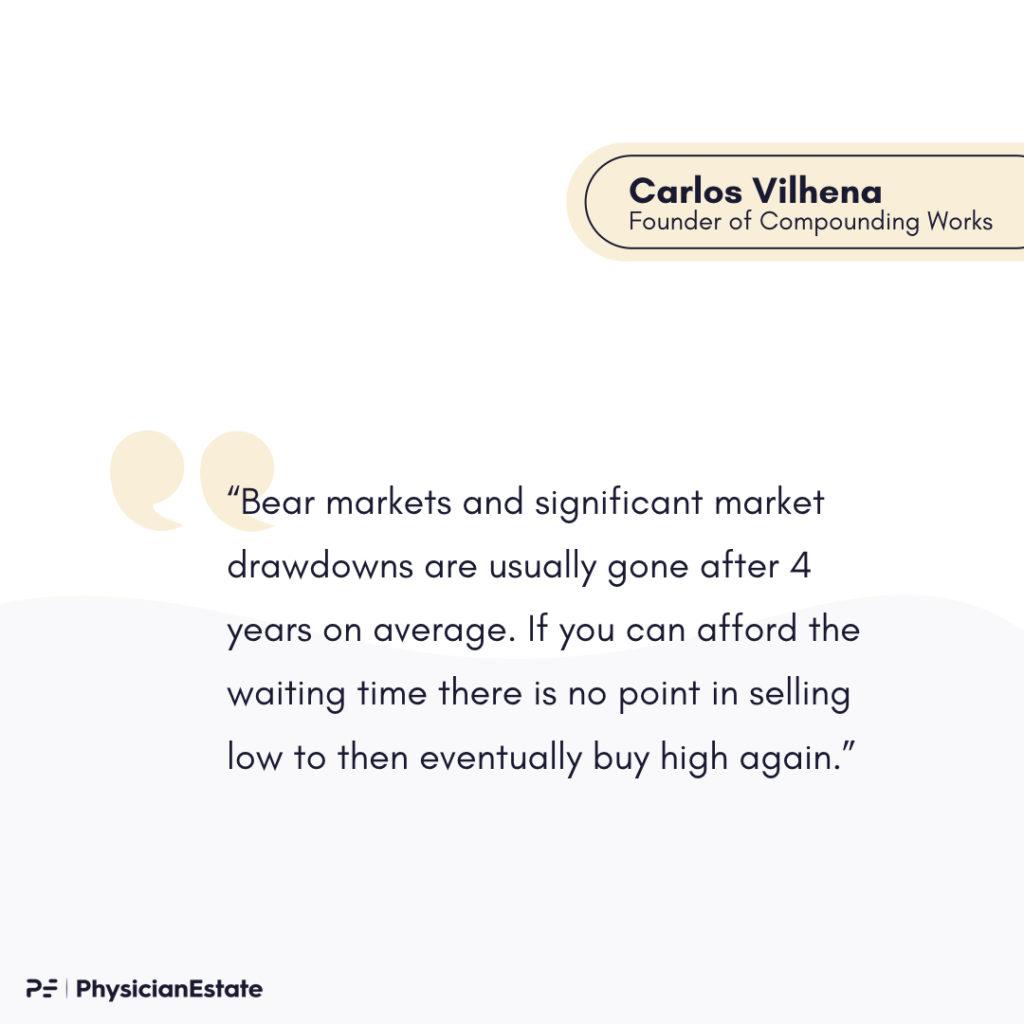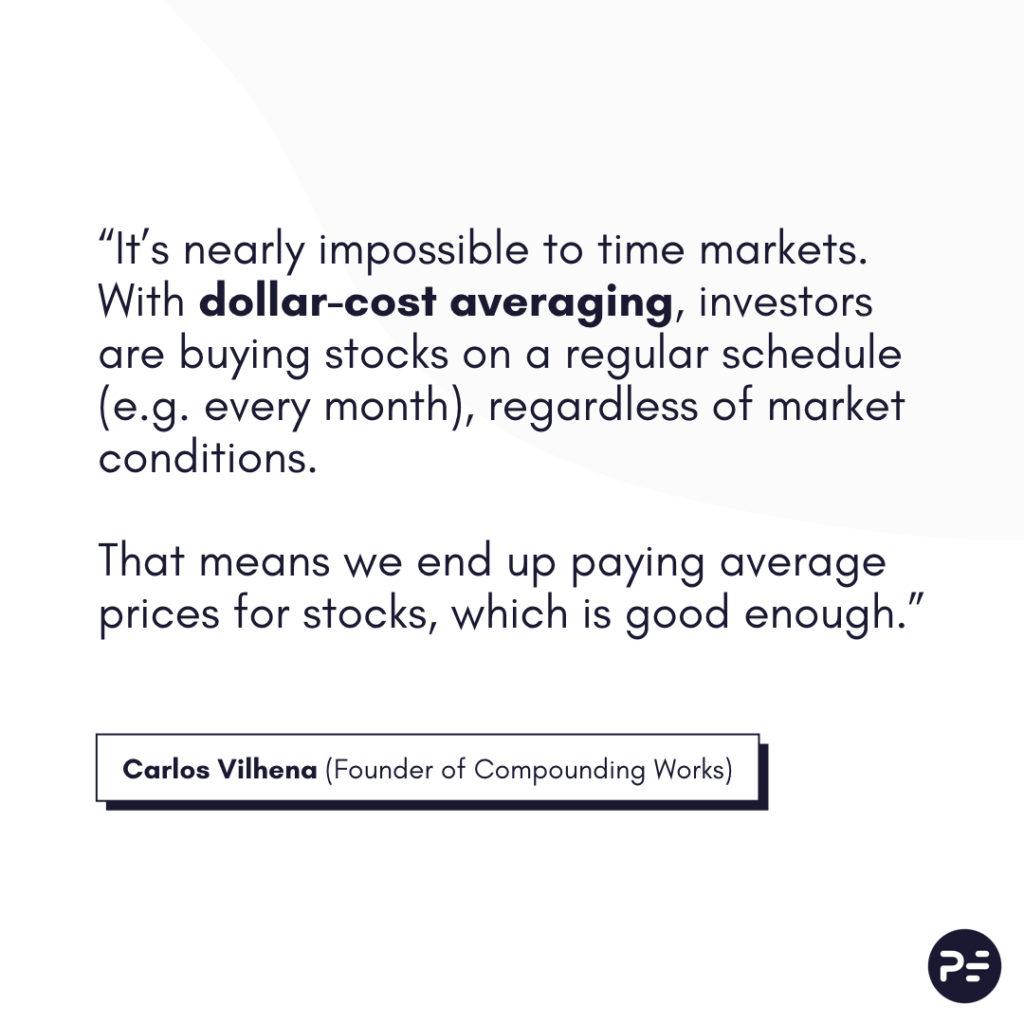Stock Market Performance in the Midst of a Pandemic
Stock Market Performance in the Midst of a Pandemic. Compounding Works is an investment resource platform owned and operated by Carlos Vilhena, that talks about diverse topics related to finance (e.g. alternative investments, stock market performance, cryptocurrencies, etc). As an entrepreneurial platform, we wanted to know more about his thoughts and ideas about finance – especially on the stock market performance and strategies in the midst of a global pandemic. We hope this Q&A blog post could help you in strategizing and/or reevaluating your stock market performance during these challenging times.
Introduction to Stock Market Performance
1. As someone who runs an investment resource platform, what do you do on a day-to-day basis?
My day-to-day work is quite varied. I am working full time in Technology, so that uses up a lot of my time. That means I dedicate a lot of my free time to Compounding Works, which is a platform that enables investors to learn and improve their returns from insights we publish.
On Compounding Works, my work is divided between several categories: content planning and execution, SEO, tool building, social engagement and partnerships.
We try to publish content regularly, at least once a week, so everything needs to revolve around that. There’s a pipeline of content we want to write about, that is relevant to our readers. Once the content strategy is setup, there’s a planning phase and research. So a lot happens prior to a blog post being published.
The tooling is a central piece of Compounding Works. We have a number of tools in the pipeline that we think are very important to our users, and we will evolve that side of the business more and more over the coming months.
2. What inspired you to start an investment resource platform that focuses on diverse finance topics (e.g. alternative investments, stock market performance, cryptocurrencies, etc)?
I have a passion for investment in general. A lot of that passion stems from the fact that I value freedom more than anything. By freedom I mean the possibility of chasing my own goals without necessarily depending on a traditional job for financial security. So to me personally, investing is a mechanism to get closer to that goal.
Over the years, I read many books and tested different investment strategies, from crowdfunding to private equity funds and cryptocurrencies. I learnt technical analysis and stock market investing. I bought stocks in early-stage companies and learnt the process, so others can learn how to invest in companies like Airbnb, SpaceX and TikTok.
Many friends and family members kept asking me questions about investing and I had this idea of sharing my knowledge and learnings with the community.
A lot of people don’t invest because they either find it inaccessible or dangerous. I find it necessary though.
So I decided to create Compounding Works to help other people learn how to invest.
Stock Market Performance in the Midst of COVID
3. It is apparent that COVID-19 is affecting investors’ stock market performance. What do you think are the top 3 problems stock investors/brokers are experiencing now in light of the current pandemic?
Here are the top 3 problems I think investors are experiencing right now.
1. Uncertainty
Every crisis brings a lot of uncertainty in terms of the long-term implications of the crisis, how the economy will react in the future, and how long it’s going to take for the economy and the markets to recover from it.
Some investors obsess over finding the bottom of the market crash so they can buy assets of the best possible price. Others think it will be back to all-time highs in a matter of weeks.
That makes investors confused and uncertain as to who is right. My advice is to keep cool heads in the short term and continue to invest following a dollar-cost averaging strategy.
This way investors will regularly buy assets at lower prices and won’t miss out on this opportunity. Bear markets and significant market drawdowns are usually gone after 4 years on average. If you can afford the waiting time there is no point in selling low to then eventually buy high again.
2. Markets detached from the economy
As you can see, over the past few weeks markets have almost ignored the economic reality and have rallied over 30% of the lows, even as unemployment reaches unprecedented levels.
This raises questions about how much is really being priced in. Many think this detachment looks unsustainable while others argue markets are forward-looking and that are always right.
This market behavior makes many investors nervous. At the end of the day, although markets are not the economy, they depend on the economy. Companies still have to sell their goods in order to stay in business. If we end up in a long recession people in general will have less buying power, which will negatively impact company’s earnings.
3. Central-bank intervention
Finally, we have witnessed one of the largest scale intervention programs that central banks have carried through to protect us from the economic consequences of this pandemic.
Many think, though, that these interventions are probably causing more issues than solving.
On one hand central banks are injecting liquidity into markets, which is a good thing. But they have arguably stretched their intervention to other areas of less consensus. That might create price distortions and support zombie companies that in normal market conditions would have to be severely restructured for the greater good.
As you can see from these three problems mentioned above, investors are left wondering if it’s safe to buy more stocks at this time or if there is more downfall to come.
It has never been more important than now to diversify portfolios to make sure we are not too reliant on one asset class over others.
4. What investment strategies would you suggest investors do in order to gain profit regardless of the economic downfall? How can investors improve their stock market performance?
I believe diversification is key. It’s important to have a balanced portfolio that reflects the risk appetite of each investor. That means owning stocks and other assets, and being mindful of the region, currency and sector.
As an example, I own real estate properties, stocks, cash reserves for emergencies, stock options in early stage companies pre-IPO, commodities and a small portion in cryptocurrencies.
I have a mix of revenue-generating assets, some more conservative than others, and more riskier assets such as cryptocurrencies. I own assets in 2 different currencies as well, to make sure I’m not putting all my eggs in one basket.
For my stock holdings, the majority are via ETFs that yield dividends. The reason that’s important is that I receive guaranteed income via dividends even if the overall portfolio is down or underperforming. Even if some companies stop paying dividends temporarily, that’s unlikely to happen to a big basket of companies. I then reinvest those dividends in order to take advantage of market downturns.
Within stocks, I strongly believe in strategies such as dollar-cost averaging. It’s nearly impossible to time markets. With dollar-cost averaging, investors are buying stocks on a regular schedule (e.g. every month), regardless of market conditions. That means we end up paying average prices for stocks, which is good enough.
Besides that, for the vast majority of retail investors, I would advise buying Exchange Traded Funds (ETFs) instead of trying to pick the best stocks. Stock picking is hard and the majority of professional active managers fail to beat the markets.
There are many ways to make a profit during market downturns. If you plan your hedges correctly, when part of your portfolio is temporarily down, the other part will be up.
I’ve written extensively about how to invest in alternative assets and proposed an investment pyramid, depending on each investor’s experience, in order to help investors get exposure to more assets than just stocks.
Investors’ Views on Stock Market Performance
5. Now that investors are constantly evaluating their stock market performance, what do you think investors should expect months from now when the pandemic is slowly coming to an end?
I think there are a few trends that are here to stay. I will give you three examples.
1. Cash is king
Only the strongest companies will survive the disruption caused by this pandemic and the economic consequences of shutting down economies around the world. That means companies with strong cash reserves, strong cash-flow and low debt will have a huge advantage in a world post-COVID19.
That has been quite clear so far. Companies like Apple have been rallying because of how strong they are perceived by their investors, despite the temporary hit on sales.
2. An acceleration to cloud
Many large companies throughout the world have been running digital transformation programs for a while. But this pandemic accelerated this need to a point of no return, in my opinion.
Companies that were once centralized in offices because of technology limitations, have now been forced to shift staff and operations to work in a distributed way.
Therefore, companies at the forefront of technology that enables remote work and automation will be the winners over the next decade. Examples of this are 5G related companies and companies that enable remote work.
3. eCommerce
Although eCommerce isn’t something new, many companies were forced to start selling online in order to stay in business. Our habits have also changed and we expect convenience more and more.
That’s why Amazon has been a huge success story. But they represent just the tip of the iceberg. There are many companies in this space, from service providers such as Stripe and Square, to Shopify as an enabler for businesses to sell online.
6. What are your final thoughts and tips for people who are planning to invest in the stock market? How can they constantly enhance their stock market performance?
I think the best advice I can give to investors is to understand that stock market investing is a long-term activity. With that in mind, it’s important to invest regularly following a dollar-cost averaging strategy and avoid thinking about the short-term ups and downs we see in markets.
Furthermore I believe it is important to stay away from individual stocks until investors have a good understanding of each company’s business models, their cash flows, and their long-term growth potential.
I started investing in ETFs that track market indices because statistically speaking, it will be very hard for me to choose a set of individual companies that together will do better than those indices.
That said, there comes a time when it does make sense to bet on individual companies, but make sure you have gained enough knowledge to interpret the market signs that will lead you to either buy more or sell your stocks.
As you become more knowledgeable, I would even encourage you to understand technical analysis tools such as TradingView. I regularly use those tools to determine good entry points on stocks and to assess the stock’s past price movements in order to feel more comfortable with what I’m buying. It’s important to remember that price matters. What you pay for an asset will determine your future return on it.
Finally know that there are many asset classes you can be investing your money into, besides the stock market. As an investor you should diversify your portfolio and that means looking elsewhere for other opportunities in other asset classes.
I thoroughly believe that there is a hierarchy of asset classes and that investors should increase the range of asset classes they intend to purchase as they become more knowledgeable over time.
What is a good way for my reader to reach out to you?
Carlos Vilhena has background in Software Engineering, Commercial Engineering and Management experience for high growth startups, established businesses and public institutions across Europe for the past 12 years.
Here at PhysicianEstate, we welcome all physician entrepreneurs to learn about commercial real estate investments, rental property investments, and wealth generation. We encourage all physicians to eventually become real estate physician investors. We know a great deal about Who – What – Why – How.
Stay in touch with us by signing up for our newsletter. The newsletter will keep you up to speed on the current real estate investments we are looking at, provide physicians with investment opportunities, and much more.
Legal Disclaimer: This is not investment advice. I am not a legal and/or investment advisor. This is my personal blog, and all information found here, including any ideas, opinions, views, predictions, forecasts, commentaries, suggestions, or stock picks, expressed or implied herein, are for informational, entertainment or educational purposes only and should not be construed as personal investment advice. These are my views, it is not a production of my employer, nor is it affiliated with any broker/dealer or registered investment advisor. While the information provided is believed to be accurate, it may include errors or inaccuracies. To the maximum extent permitted by law, PhysicianEstate disclaims any and all liability in the event any information, commentary, analysis, opinions, advice and/or recommendations prove to be inaccurate, incomplete or unreliable, or result in any investment or other losses. You should consult with an attorney or other professional to determine what may be best for your individual needs. Your use of the information on the website or materials linked from the Web is at your own risk.





















